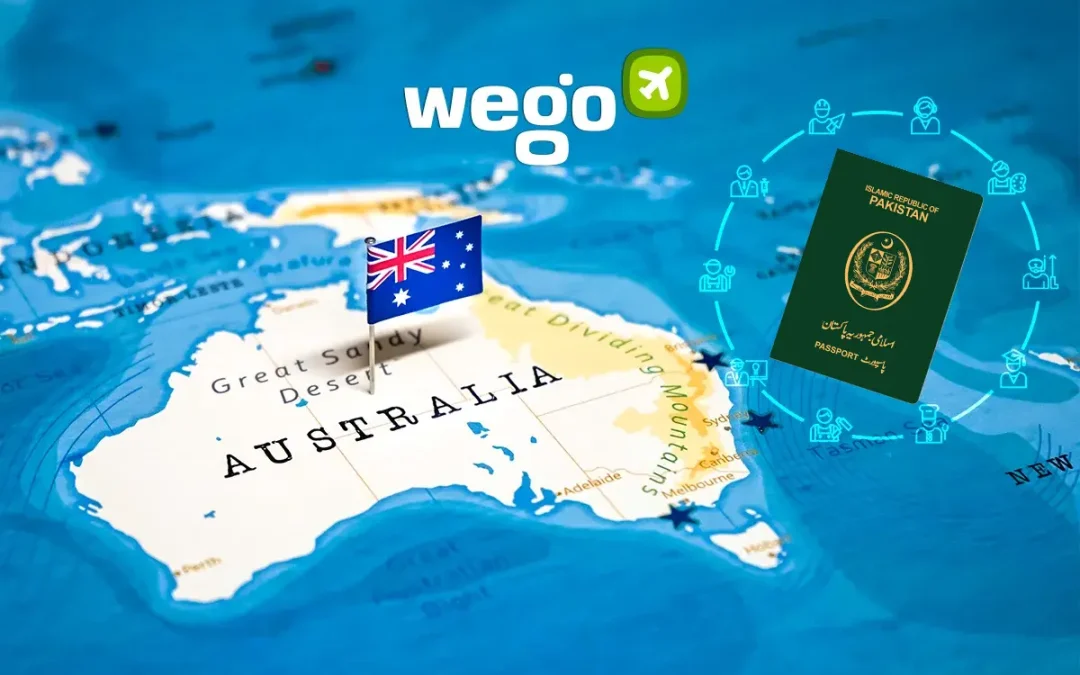Are you a caregiver looking to work in Canada? Canada welcomes caregivers who are passionate about helping others, whether it’s taking care of children, elderly individuals, or people with medical needs. If you want to work as a caregiver in Canada, you’ll need to apply for a work permit. In this blog, we’ll explain how to get a caregiver work permit, the steps involved, and what you need to know to make the process easier.
What is a Caregiver Work Permit?
A caregiver work permit allows you to legally work in Canada as a caregiver. There are different types of caregiver jobs, such as:
- Caring for children in a home setting, like a nanny.
- Caring for the elderly or people with disabilities who need assistance with daily activities.
- Caring for people with medical needs, such as those recovering from surgery or managing long-term conditions.
Caregivers can apply for work permits through specific programs offered by the Canadian government. These programs are designed to help foreign caregivers find work in Canada while giving Canadian families access to caregivers they need.
Types of Caregiver Programs in Canada
Canada has two main programs for caregivers that also allow you to work and eventually apply for permanent residency. These are the Home Child Care Provider Pilot and the Home Support Worker Pilot.
1. Home Child Care Provider Pilot
This program is for people who want to work as caregivers for children under the age of 18 in a private home. If you want to be a nanny, babysitter, or child caregiver, this is the program for you. To qualify, you must:
- Have a job offer as a child caregiver from a Canadian employer.
- Meet certain education and language requirements.
- Show that you have experience or training related to child care.
2. Home Support Worker Pilot
This program is for people who want to work as caregivers for seniors or people with disabilities in a private home. If you want to help elderly individuals or people with medical needs, this program is a good fit. To qualify, you must:
- Have a job offer as a home support worker.
- Meet the education and language requirements.
- Have experience or training in caregiving.
Both programs allow you to apply for permanent residency after you have gained enough work experience in Canada, which makes them a great option if you want to settle in the country long-term.
Steps to Apply for a Caregiver Work Permit
Now that you know which program might be right for you, let’s walk through the steps for applying for a caregiver work permit.
Step 1: Get a Job Offer
The first step is to get a valid job offer from a Canadian employer. This means you need to find a family or person in Canada who is looking for a caregiver. The job offer must be formal, meaning you and your employer will need to sign a contract outlining your job duties, salary, and working conditions.
You can search for caregiver jobs online through websites like Indeed or Canadian job boards. Be sure to look for job postings from families or healthcare agencies that are eligible to hire foreign workers.
Step 2: Check if You Qualify
To apply for a caregiver work permit, you’ll need to meet a few key requirements:
- Education: You must have completed at least one year of post-secondary education. This could be college or university training related to caregiving or any other field.
- Language Proficiency: You must be able to speak, read, and write in either English or French. The Canadian government requires that caregivers take a language test to prove their proficiency.
- Experience: While not always mandatory, having experience in caregiving is helpful. If you’ve worked as a caregiver before, it will strengthen your application.
- Job Offer: You need a valid job offer from a Canadian employer before you can apply for the work permit.
Step 3: Gather the Required Documents
To apply for a caregiver work permit, you’ll need several documents, including:
- A valid job offer from your Canadian employer.
- Proof of education (diplomas, transcripts).
- Proof of language proficiency (results from a language test).
- A copy of your passport.
- Police clearance certificates to show you have a clean criminal record.
Make sure all your documents are ready and meet the government’s requirements before submitting your application.
Step 4: Apply for the Work Permit
Once you have everything in order, you can apply for the caregiver work permit. The application can be done online, which makes it easier to track the process. You will need to fill out the necessary forms and upload your documents.
You’ll also need to pay the application fee when you submit your forms. After submitting your application, you’ll receive a confirmation and may be asked to provide additional information or attend an interview, if necessary.
Step 5: Wait for a Decision
After submitting your application, the waiting period begins. Processing times vary depending on where you’re applying from, but it can take a few months for a decision to be made. During this time, the Canadian government will review your application to make sure everything is complete and that you meet all the requirements.
Once your application is approved, you’ll receive your work permit, allowing you to move to Canada and start your job as a caregiver.
Can You Bring Your Family With You?
Yes! In many cases, caregivers can bring their family members with them when they move to Canada. Your spouse may be able to apply for an open work permit, meaning they can work for any employer in Canada. Your children may also be able to study in Canada while you’re working.
This is one of the benefits of working in Canada as a caregiver. It provides not only a chance to advance your career but also to build a future for your family.
What Happens After You Get Your Work Permit?
Once you have your work permit and start your job as a caregiver in Canada, you’ll gain valuable work experience. After working in Canada for two years, you can apply for permanent residency through the same caregiver programs. This means that you and your family could eventually become permanent residents of Canada, allowing you to live and work there long-term.
How Bluethroat Immigration Can Help You
Applying for a caregiver work permit can feel overwhelming, but you don’t have to do it alone. Bluethroat Immigration is here to help you every step of the way. We specialize in helping caregivers from around the world find work in Canada, apply for work permits, and settle in the country successfully.
Whether you’re just starting your application or you need guidance along the way, Bluethroat Immigration will make the process smoother and ensure your application has the best chance of success. Contact us today to learn how we can assist you in bringing your caregiver skills to Canada!












